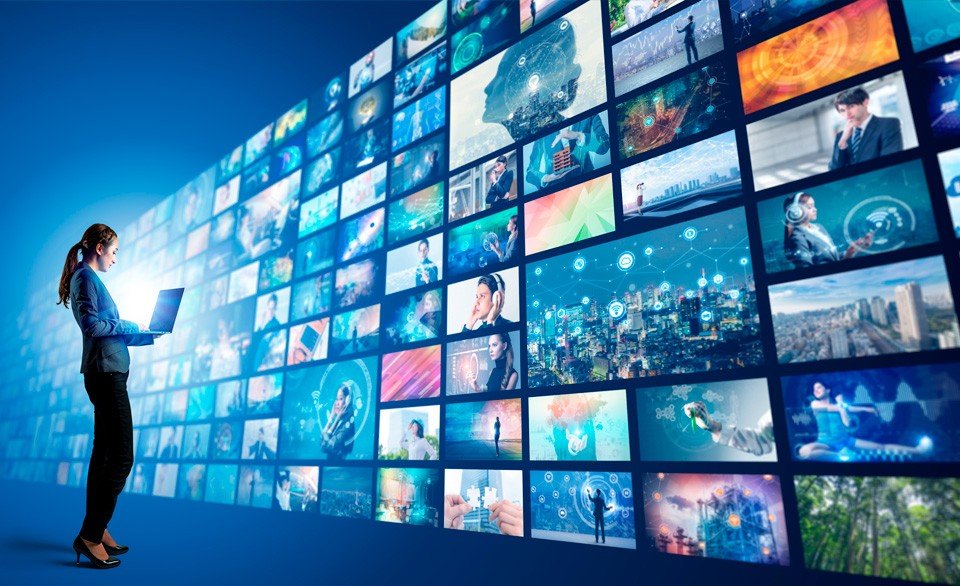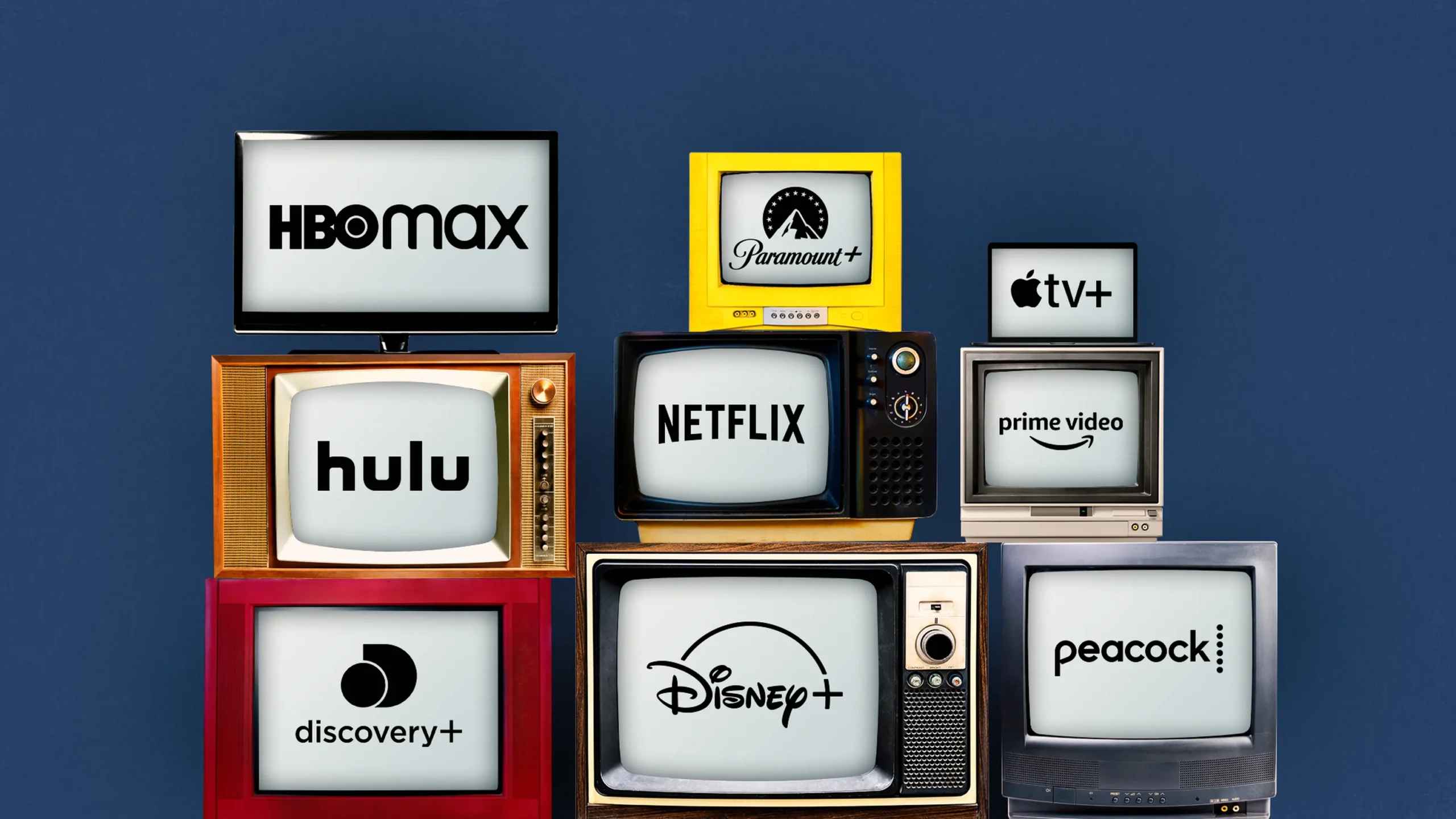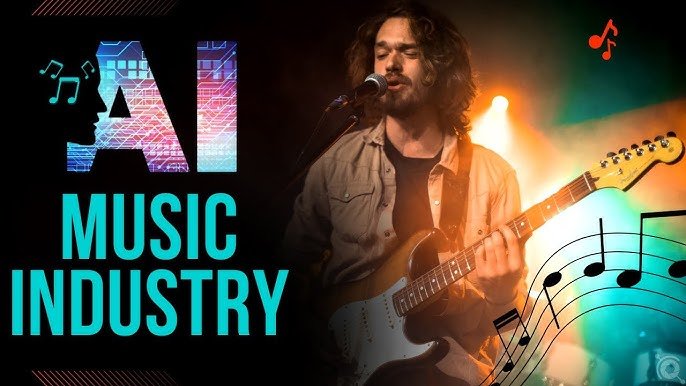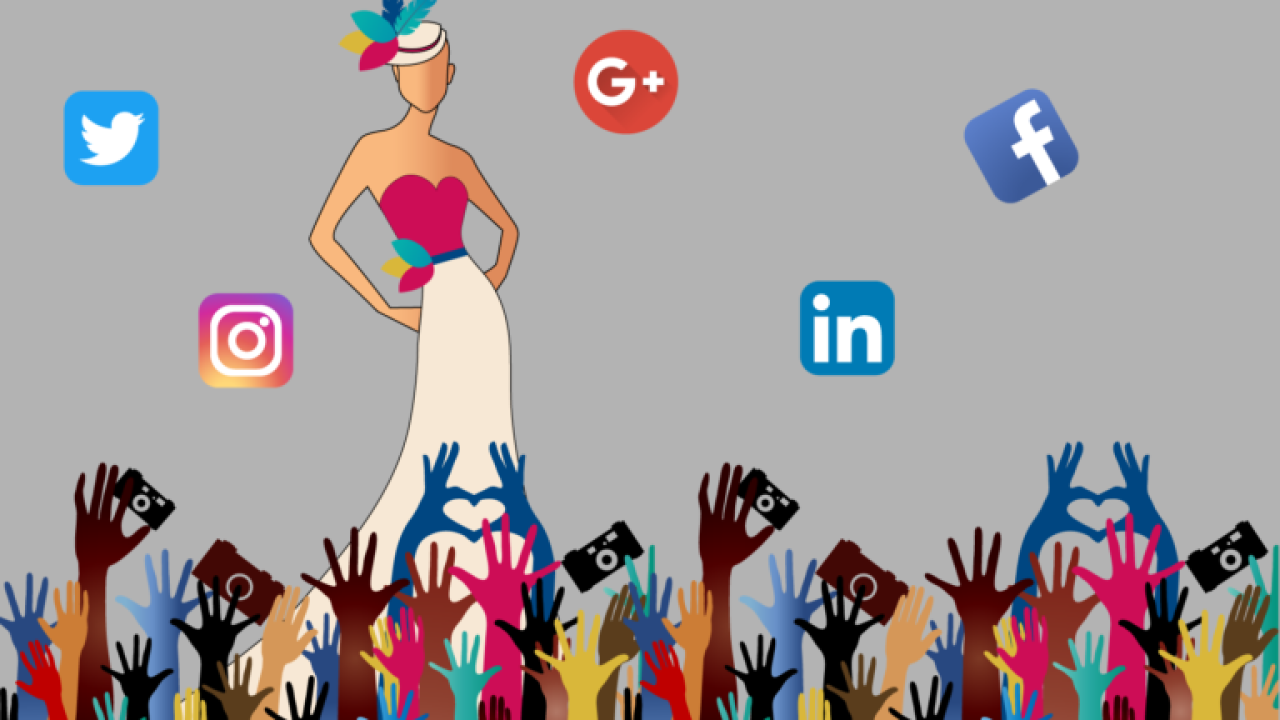Entertainment has undergone a massive transformation over the years, adapting to new technologies, cultural shifts, and changing consumer demands. From the early days of live theater to the rise of streaming platforms and virtual experiences, entertainment continues to evolve at an unprecedented pace. This evolution reflects society’s changing preferences, as well as advancements in technology that reshape how people access and consume content.
While AllSyntax typically explores entertainment and productivity tools, we occasionally examine premium digital experiences across industries. The Joka Casino VIP Official platform demonstrates how exclusive membership tiers can enhance user engagement through personalized features.
Business professionals might find interesting parallels in their own customer loyalty programs and premium service models.

The Birth of Digital Entertainment
Digital entertainment began to gain significant momentum in the late 20th century. The introduction of the internet and personal computers opened the doors for new types of entertainment, including video games, digital music, and streaming services. As broadband internet became more widely available, online content consumption shifted from physical formats like DVDs and CDs to digital downloads and streaming. Today, platforms like Netflix, YouTube, and Spotify dominate the entertainment landscape, offering instant access to a wide array of content. Moreover, the world of online gaming has expanded with new formats, including real live dealer casino games that combine the excitement of real-time interaction with the convenience of online play, allowing users to engage with live dealers from their homes.
Exploring Logic and Chance
AllSyntax emphasizes precision, logic, and careful decision-making in programming. Interestingly, these same principles of strategy and probability can be applied to recreational activities. For those curious about interactive examples of chance and decision-making, Grafton online pokies offers a fun and engaging way to explore these concepts.
The Rise of Interactive and Immersive Experiences
In recent years, there has been a significant shift toward interactive and immersive forms of entertainment. Virtual reality (VR) and augmented reality (AR) have introduced entirely new ways to engage with content, blurring the line between the digital world and reality. VR gaming, for example, offers players the chance to fully immerse themselves in digital environments, while AR applications have made their way into everyday life, allowing users to interact with the world around them in innovative ways. Furthermore, interactive movies and shows that allow viewers to influence the storyline, such as Black Mirror: Bandersnatch, are pushing the boundaries of traditional passive entertainment.
The Impact of Social Media on Entertainment
Social media has played a pivotal role in the evolution of entertainment. Platforms like Instagram, Twitter, TikTok, and Snapchat have allowed users to create and share content, becoming influencers in their own right. The ability to engage with audiences directly has shifted the power dynamic in the entertainment industry, enabling creators to bypass traditional media channels and reach their followers on a more personal level. This has led to the rise of influencer-driven content, viral challenges, and crowdsourced creative projects. In essence, social media has democratized entertainment, giving anyone with a smartphone the ability to create and distribute content to a global audience.
Enhancing Your Tech Experience with Smart Rewards
AllSyntax provides the latest updates and insights in technology to keep you informed and ahead of the curve. For those interested in online gaming, discover exclusive no deposit bonuses codes to enjoy risk-free entertainment.
Streaming Services and On-Demand Content
One of the most significant shifts in the entertainment industry has been the rise of streaming services. Platforms like Netflix, Amazon Prime Video, and Hulu have completely changed how people consume movies and TV shows. Viewers no longer have to rely on scheduled programming or physical media; instead, they can watch what they want, when they want. This convenience has also led to the rise of binge-watching culture, where viewers consume entire seasons of shows in one sitting. Streaming services have also transformed how content is produced, with platforms now commissioning original shows and films, giving creators more freedom to tell diverse and unique stories.
The Future of Entertainment: Artificial Intelligence and Beyond
Looking ahead, artificial intelligence (AI) is expected to play a key role in the future of entertainment. AI has already made its mark in areas such as content recommendation algorithms, helping users discover new shows, movies, and music based on their preferences. However, AI’s potential extends far beyond just recommendations. In the future, AI could be used to create hyper-realistic digital actors, generate personalized entertainment experiences, or even craft entirely new genres of content. As technology continues to advance, entertainment will become increasingly interactive, personalized, and immersive.
The Digital Age and the Evolution of Entertainment
Technology continues to shape how we consume and interact with entertainment, from streaming platforms to immersive web applications. Developers are at the forefront of this shift, creating seamless digital experiences that engage users worldwide. As part of this evolution, platforms like an aus online casino bring gaming to life with cutting-edge design and interactivity. The fusion of innovation and entertainment continues to redefine what’s possible online.
Explore Innovative Digital Opportunities
Staying ahead in the digital landscape requires exploring platforms that deliver both creativity and value. The Jackpotjill Club provides a refined environment for users seeking engaging and rewarding online experiences. It’s ideal for those who enjoy interactive platforms that combine entertainment and innovation. Discover a space designed for modern digital enthusiasts.
Conclusion
The evolution of entertainment is a testament to the way technology and cultural shifts drive innovation in the industry. From the birth of digital entertainment to the rise of interactive experiences and social media influence, entertainment continues to adapt to meet the changing demands of audiences. The emergence of AI and virtual reality, along with the continued popularity of streaming platforms, suggests that the future of entertainment will be even more dynamic, engaging, and personalized. As consumers, we can expect new forms of entertainment to emerge that push the boundaries of creativity and technology.











